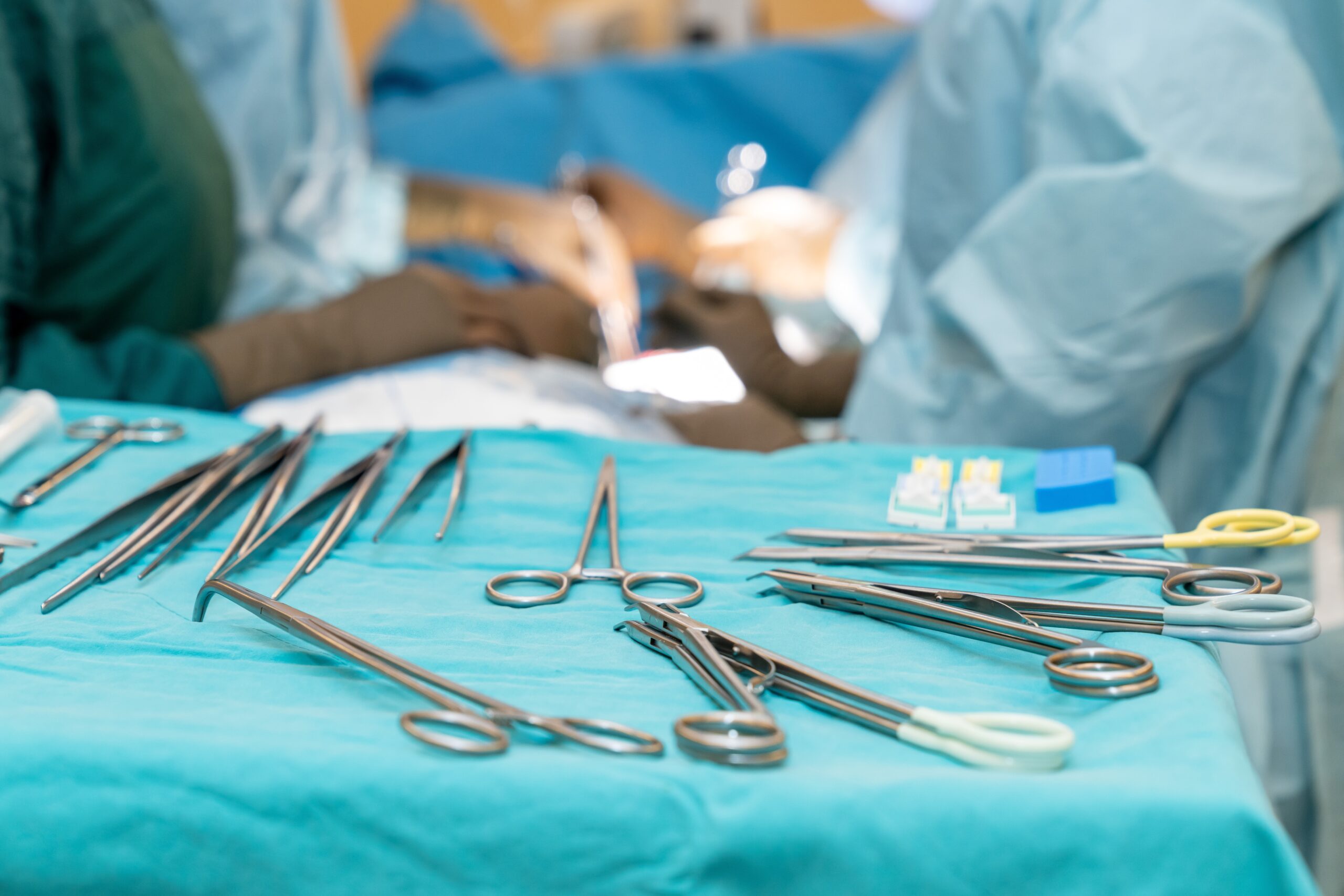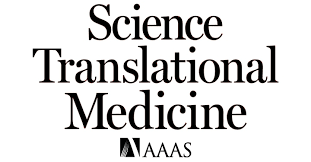Povidone iodine noninferior to chlorhexidine gluconate for preoperative skin antisepsis

Editor's Note Amid continued debate about the best choice of preoperative skin antiseptic, findings published in JAMA June 17 show that povidone iodine in alcohol offers similar outcomes to chlorhexidine gluconate when used in alcohol. The randomized clinical trial included 3,360 patients in 3 tertiary care hospitals in Switzerland, 2,187…
Scaling standards from sterile processing department to clinic

Reforming instrument reprocessing practices does not always end with the main sterile processing department (SPD). Holding clinics to the same standard adds to the challenge, whether they are associated with hospitals or operate independently. Nonetheless, standardization is just as essential to maintaining efficiency and quality standards. Whether a clinic is…
Study: Infection risk unaffected by colonoscopy, joint replacement timing

Editor's Note A study published May 7 in JAMA Open found no significant risk of periprosthetic joint infection (PJI) when colonoscopy is performed within one year of total joint arthroplasty (TJA), whether the colonoscopy was done before or after the surgery. However, certain comorbidities such as kidney and pulmonary disease,…
Antiseptic nasal decolonization noses ahead

Over 20 years ago, an article from Johns Hopkins published in The New England Journal of Medicine showed that Staphylococcus aureus decolonization of the nares can decrease risk of surgical site infections (SSI). Since then, nasal decolonization—the application of a topical antimicrobial or antiseptic agent to the nares—has been adopted…
WHO guidelines target catheter-caused infections

Editor's Note New World Health Organization (WHO) guidance aims to prevent the occurrence of bloodstream and other infections caused by improper use of catheters during medical procedures. Released May 9, the global guidelines focus on insertion, maintenance, and removal of catheters during medical procedures, which can damage organs and cause…
National hospital safety rankings reflect infection prevention, patient experience improvements

Editor's Note Released May 1, the most recent Leapfrog Group hospital patient safety grades reflect declines in preventable healthcare-associated infections and improvements in patient’s hospital experiences since fall 2023. Leapfrog, a nonprofit, releases its Hospital Safety Grades report biannually, assigning traditional letter grades to nearly 3,000 general hospitals based on…
Surgical site infections often caused by preexisting bacteria

Editor's Note Most healthcare-associated surgical site infections are not caused by pathogens acquired in the hospital, but by previously harmless bacteria already present on patients’ skin prior to being admitted, according to a study published April 10 in Science Translational Medicine. Surgical site infections account for the highest annual costs…
Study recommends against polyhexanide wound irrigation during open abdominal surgery

Editor's Note Although intraoperative wound irrigation is a common practice worldwide for preventing surgical site infections, a recent study suggests irrigation with polyhexanide solution should not be recommended as standard clinical practice in open clean-contaminated surgical procedures. Published February 21 in Jama Surgery, the study cautions that additional trials are…
Study makes case against preoperative urine culture for most surgical procedures

Editor's Note Findings published March 4 in Jama Network show that preoperative urine culture is a low-value intervention for most surgical patients and should be de-implemented. Despite guidelines to the contrary from Infectious Diseases Society of America and the American College of Physicians, preoperative urine testing and antibiotic treatment persists…
Forced-air device outperforms standard endoscope drying practices, study shows

Editor's Note Authors of a recent study evaluating the effectiveness of a forced-air drying system for endoscopes argue that the results reinforce the need to re-evaluate standard drying practices. Findings were published February 24 in the American Journal of Infection Control. Wet environments resulting from inadequate drying practices can result…

 Free Daily News
Free Daily News